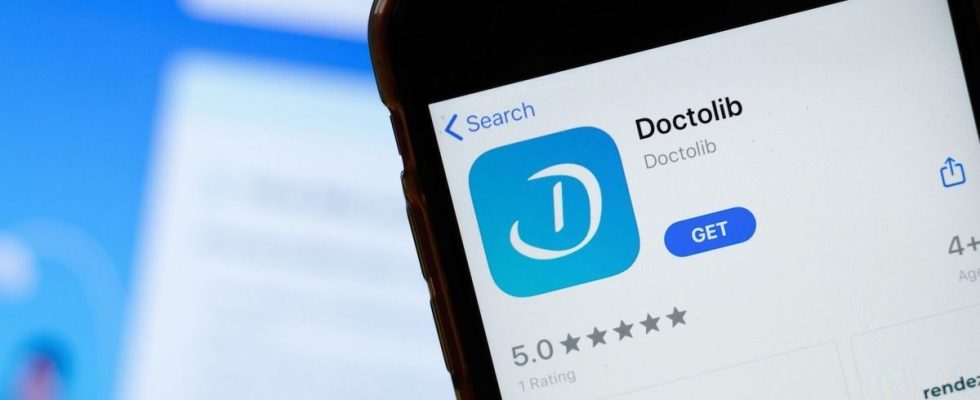Published on
Updated
Reading 2 min.
in collaboration with
Dr Gérald Kierzek (Medical Director of Doctissimo)
Doctolib recently showed itself to be unfavorable to the recording of the bank details of French people. For what reasons ? Doctissimo answers you.
Doctolib has decided. The famous application does not wish to record the banking imprint of patients when making an appointment, despite the government’s request to do so.
“A huge barrier to access to care”
The medical appointment platform, founded in 2013 by Franck Tetzlaff and Stanislas Niox-Chateau, is not in favor of the implementation of a rabbit tax as it is proposed today (a penalty of 5 euros imposed in the event of a medical appointment not being honored) because the solution proposed by the government could lead to hindrance “access to care” the French.
If Doctolib indeed pleads for this tax “has a real positive effect on missed appointments”, However, she does not want it to hinder “access to making appointments for people already far from the healthcare system”.
In fact, according to the company, 5% of French people are “without a bank card“and 15% of them are”in a situation of illiteracy“.
In fact, for all these French people, “The obligatory banking imprint would be a huge obstacle to access to care”assures the platform, which nevertheless says it is open to discussion for “work on any new system to improve access to care”.
Rabbit tax: management delegated to Health Insurance
For Stanislas Niox-Chateau, the solution is simple: in order not to create “administrative burden” additional, it is up to Health Insurance to take over the management of the tax and it is up to it alone to collect the 5 euros. A sum which must be taken from the patient’s next appointment – and not in advance, specify our colleagues at France Blue. The money collected will then go back to the doctor concerned.
A complex situation, which Dr Gérald Kierzek, medical director of Doctissimo, regrets.
“On Doctolib, what poses a problem to me once again is the quasi-monopoly situation on which the State is dependent… In addition to extremely sensitive data on our health, Doctolib ultimately decides whether or not to apply political decisions.“, he emphasizes.
Bank card: does a doctor have the right to refuse this method of payment?
Beyond the debate around the rabbit tax, some patients wonder about their payment rights.
At the doctor’s (pediatrician, gynecologist, midwife, dentist, etc.), can we arrange an appointment as we wish? No, Dr Gérald Kierzek confirms.
According to government website “Entreprendre”all professional “has the right to refuse payment by check or bank card provided that it is indicated by a display“. On the other hand, he must accept payment in cash, except under certain conditions:
- Foreign currencies: the professional may refuse a currency other than the euro.
- Damaged cash: torn or illegible notes may be rejected.
- Number of pieces too high: beyond 50 pieces, the professional may refuse this method of payment.
- Counterfeit money: if the authenticity of a note is doubtful, the professional can identify the customer’s identity and refuse payment.
- Additional payment: a payment may be refused if the professional does not have sufficient change.
